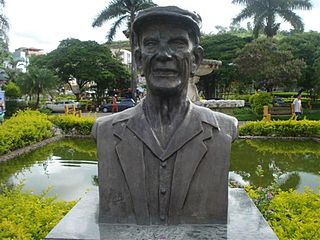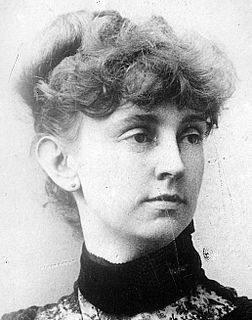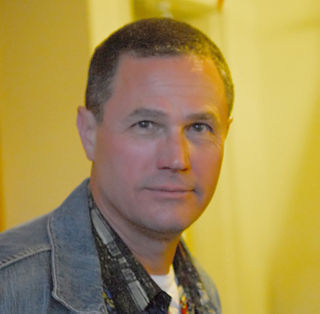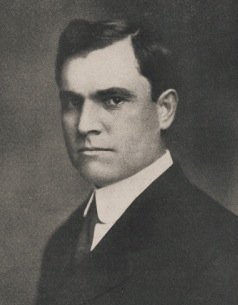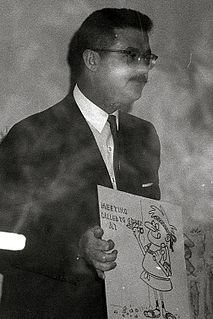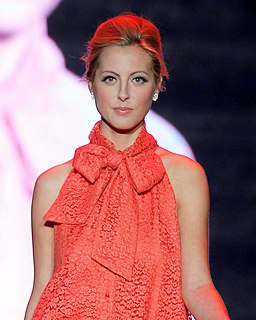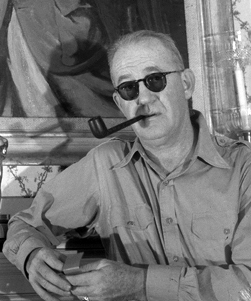A Quote by Francine Prose
Like seeing a photograph of yourself as a child, encountering handwriting that you know was once yours but that now seems only dimly familiar can inspire a confrontation with the mystery of time.
Related Quotes
When I was a child, I spoke like a child, I thought like a child, I reasoned like a child; when I became an adult, I put an end to childish ways. For now we see in a mirror, dimly, but then we will see face to face. Now I know only in part; then I will know fully, even as I have been fully known. And now faith, hope, and love abide, these three; and the greatest of these is love.
Until you have a child, you won't really understand that you would actually throw yourself in front of a bus for your child. Like, you don't really get it. Like, it's like, 'Hell no.' You know, 'She's only two. I can make another one.' You know? But, you know, you have a baby, and then you actually care about this person.
Human beings are like detectives. They love a mystery. They love going where the mystery pulls them. What we don't like is a mystery that's solved completely. It's a letdown. It always seems less than what we imagined when the mystery was present. The last scene in `Blow Up' is so perfect because you leave the theater still dreaming. Or the end of `Chinatown,' where the guy says `Forget it, Jake, it's Chinatown.' It explains so much but it only gives you a dream of a bigger mystery. Like life. For me, I want to solve certain things but leave some room to dream.
"You know you are seeing such a photograph if you say to yourself, "I could have taken that picture. I've seen such a scene before, but never like that." It is the kind of photography that relies for its strengths not on special equipment or effects but on the intensity of the photographer's seeing. It is the kind of photography in which the raw materials-light, space, and shape-are arranged in a meaningful and even universal way that gives grace to ordinary objects."

